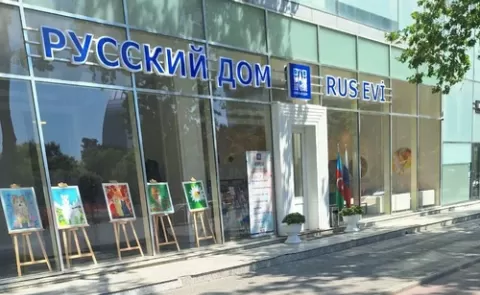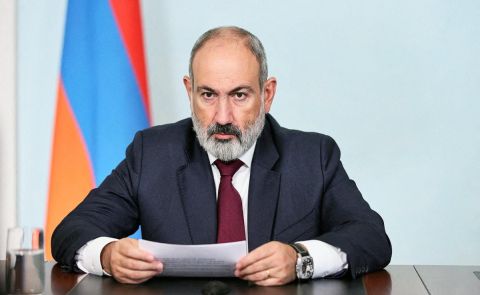
Georgian NGOs Raise Alarm Over Chinese Involvement in the Country
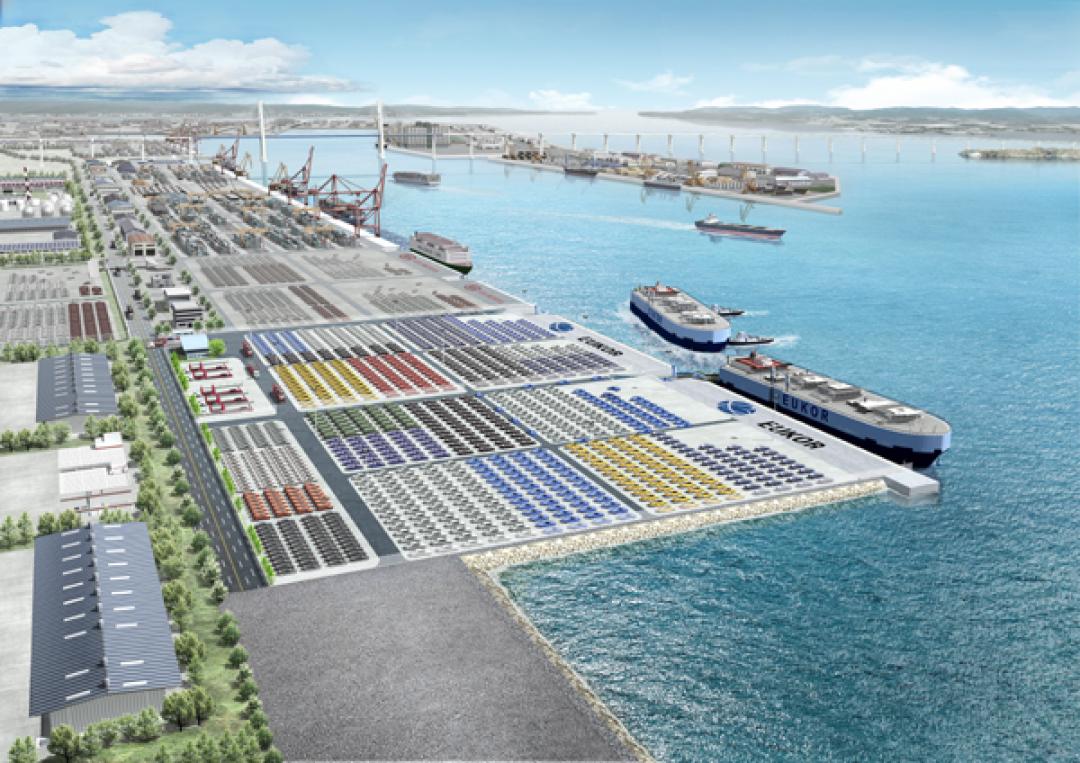
Transparency International (TI) Georgia has raised the alarm over the government's decision to award the Anaklia port project to a Chinese company, China Communications Construction Company Limited (CCCC), which has a notorious history of corruption scandals. This development, according to TI Georgia, could have significant implications for the country's foreign policy direction.
The watchdog stressed that the inclusion of a U.S.-sanctioned Chinese state-owned company in the Anaklia port project, combined with the adoption of a controversial "Russian law," indicates a continuing shift in Georgian foreign policy. The construction of the deep-sea port, a key piece of the country's international transportation infrastructure, has both geopolitical and economic significance.
On May 29, the Georgian Ministry of Economy announced that a Sino-Singaporean consortium had been selected to develop the port. This decision follows a controversial history with the project, which saw the government terminate a contract with a Western consortium in 2020. The government will retain a controlling 51% stake, while the consortium will hold the remaining 49%.
The consortium includes CCCC and its Singapore-registered subsidiary, China Harbor Investment Pte. Ltd, with subcontractors including China Road and Bridge Corporation and Qingdao Port International Co.
Since June 2021, CCCC has been under restrictions by the U.S. Treasury Department's Office of Foreign Assets Control (OFAC) due to its ties to China's military-industrial complex. While these restrictions do not completely prohibit financial transactions with CCCC, they do require U.S. government approval for certain transactions. This arrangement means that Georgia's partnership with CCCC does not violate sanctions, but limits the Chinese company's ability to procure American-made components without authorization.
TI Georgia also notes CCCC's checkered history with corruption allegations in several countries. The company has faced bans, bribery charges, and project suspensions in countries including the Philippines, Equatorial Guinea, Ecuador, Bangladesh, and Malaysia.
China Road and Bridge Corporation, a subsidiary of CCCC, has been operating in Georgia since 2018, working on key projects such as the Ubisa-Shorapani highway section funded by the European Investment Bank and the Tsnori bypass supported by the Asian Development Bank.
The report refers to a 2020 statement by the U.S. Embassy in Georgia, which criticized CCCC's work in developing countries, citing issues such as poor construction quality, labor rights violations, environmental damage, and unsustainable debt. These concerns were reiterated by the U.S. State Department on June 1, underscoring the need to protect the security and sovereignty of Georgia and its Euro-Atlantic partners.
TI Georgia warns that the Anaklia port deal increases corruption risks amid an increasing crackdown on civil society watchdogs in the country. Partnering with a company with a documented history of corruption scandals "increases the risk of importing corruption into Georgia," especially as the current government continues to suppress non-governmental organizations. The non-governmental sector is crucial for monitoring and preventing corruption risks in the country, the watchdog said.
See Also

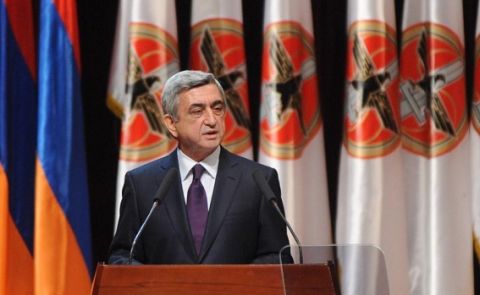
Anti-Corruption Court Reignites Case Against Armenia’s Ex-President
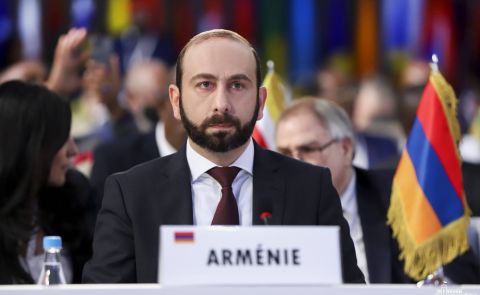
Armenia Seeks Full Normalization with Türkiye, Pushes for Peace
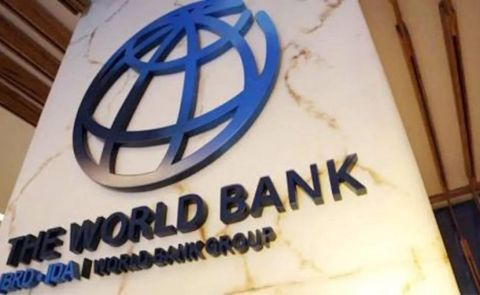
Armenia Launches Major Tourism Upgrade with World Bank Support
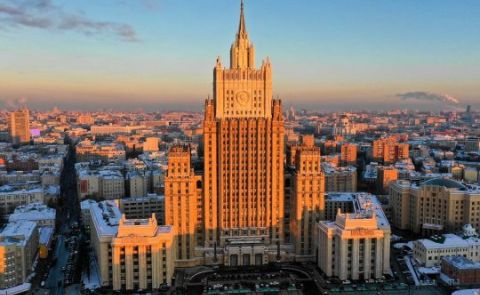
Russia Ready to Restore Ties with Georgia, Criticizes France and EU’s Actions in South Caucasus
